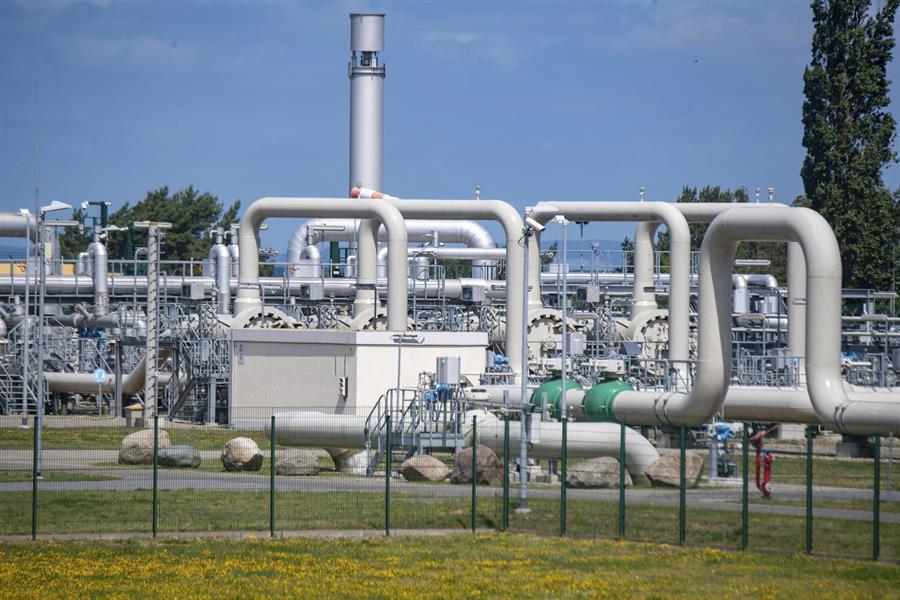
The Canadian government says it will allow the delivery to Germany of equipment from a key Russia-Europe natural gas pipeline that has undergone maintenance _ equipment the absence of which Russia’s Gazprom cited last month as a reason for more than halving the flow of gas.
The return of turbines from the Nord Stream 1 pipeline sent to Montreal for a scheduled overhaul has been complicated by sanctions imposed on Russia over the war in Ukraine. Canada’s minister of natural resources, Jonathan Wilkinson, said in a statement late Saturday that “Canada will grant a time-limited and revocable permit for Siemens Canada to allow the return of repaired Nord Stream 1 turbines to Germany.’’
That, Wilkinson said in the statement posted on Twitter, will support ``Europe’s ability to access reliable and affordable energy as they continue to transition away from Russian oil and gas.’’ He said that ``absent a necessary supply of natural gas, the German economy will suffer very significant hardship.’’
Siemens Energy said after Gazprom started reducing gas flows in mid-June that it had been unable to return a gas turbine that powers a compressor station on the pipeline, which had been overhauled after more than 10 years in service, to the customer, Gazprom.
German politicians have dismissed the Russian explanation for the 60% reduction in gas flows through Nord Stream 1, saying that equipment shouldn’t have been a significant issue until the fall and the Russian decision was a political gambit to sow uncertainty and push up prices.
The Canadian move comes before Nord Stream 1 is due to shut down for annual maintenance on Monday. In previous summers, the work led to a roughly 10-day shutdown, but German Vice Chancellor Robert Habeck has said he suspects that Russia may cite ``some little technical detail’’ as a reason not to resume gas deliveries.
The reduction in gas flows comes as Germany and the rest of Europe try to reduce their dependence on Russian energy imports. Germany, which has Europe’s biggest economy, gets about 35% of its gas to power industry and generate electricity from Russia.
Last month, Habeck activated the second phase of Germany’s three-stage emergency plan for natural gas supplies, warning that Europe’s biggest economy faced a ``crisis’’ and storage targets for the winter were at risk.
On Friday, energy company Uniper _ Germany’s biggest importer of Russian gas _ asked the government for a bailout to cope with surging gas prices.